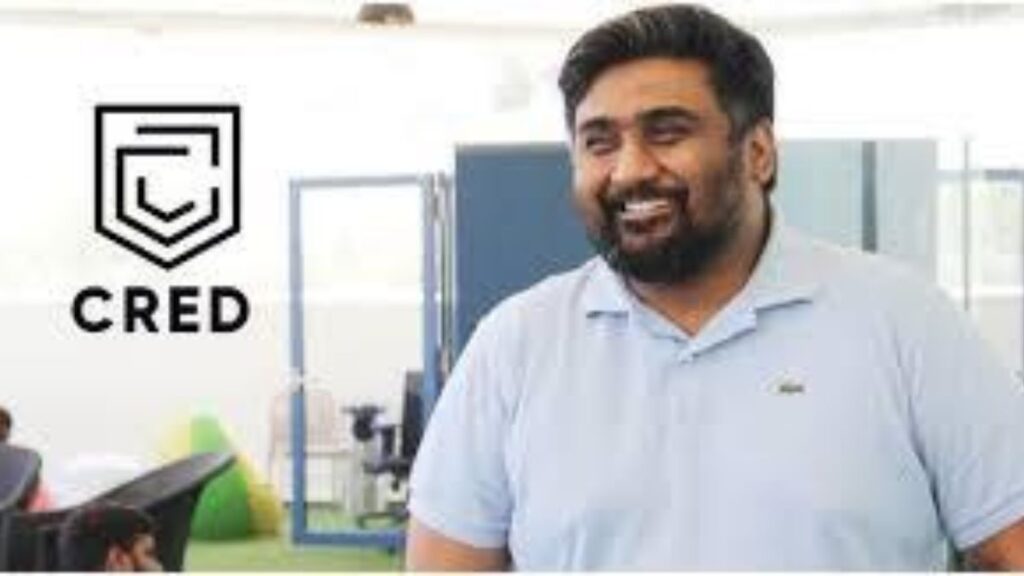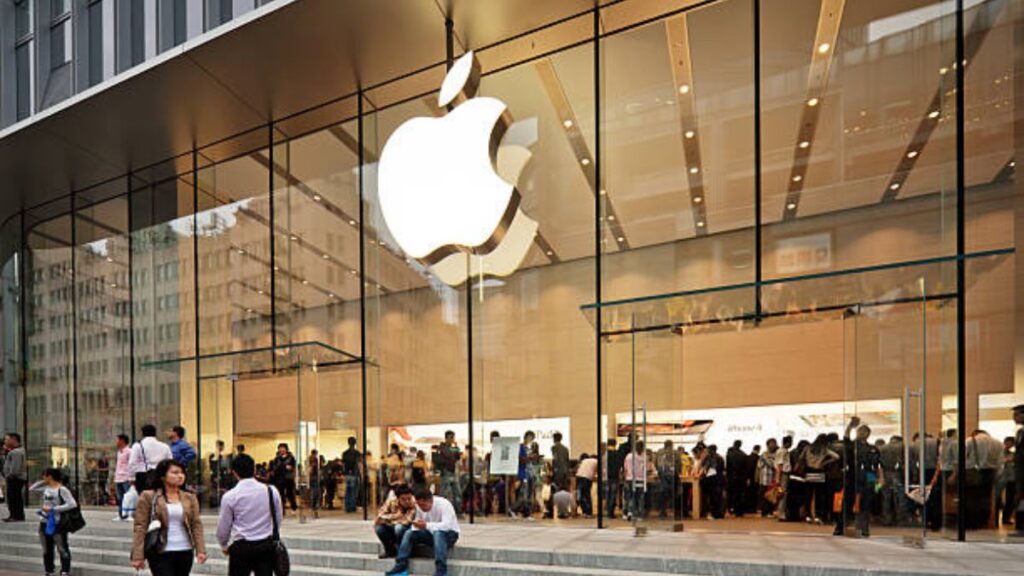The Supreme Court on Thursday dismissed an application by Facebook India’s Deputy President and Ajit Mohan challenging a summons issued by the Delhi Assembly’s Peace and Harmony committee for failing to appear before it as a witness in the north-eastern Delhi riot last year.
A bench headed by Justice Sanjay Kishan Kaul called Mohan’s request a maturity and said nothing had happened to him before the House of Representatives.
Delivering the verdict, Justice Kaul said years of technology had created uncontrollable digital platforms at times.
The bench, which included judges Dinesh Maheshwari and Hrishikesh Roy, issued its ruling on a petition filed by Mohan, Facebook India Online Services and Facebook arguing that the committee had no jurisdiction to summon or apprehend applicants for violating rights by failing to appear before it. and exceeded its constitutional limit.
The high court ruled that the no-answer option before the committee was irrevocable and that the applicant’s representative could refuse to answer the question if he or she was under unauthorized backgrounds.
It said Parliament did not have the power to legislate on the issue of law and order under the list of unions in the Constitution.
He said the purpose of peace and harmony was to break the law and order with the police.
Facebook India Head Ajit Mohan’s Plea Against Assembly Panel
The bench said in its decision, it has divided the issues into three categories – right, free speech, and the ability to legislate.
Applicants challenged last year on September 10 and 18 notices issued by the committee demanding Mohan’s presence before a panel investigating the Delhi violence in February and the role of Facebook in spreading hate speech.
The Delhi legislature had earlier stated that no action had been taken against Mohan and that he had been summoned by his committee to appear as witness in the northeast riots in Delhi.
In an affidavit filed in the Supreme Court, the Delhi Parliament said Mohan had not been served with a summons to violate his right.
During the debate before the high court, Mohan’s lawyers argued that “the right to peace” was a good thing in these “noisy times” and that the meeting did not have the power to legislate for a peace and harmony.
Attorney General Harish Salve, who appeared on the official’s Facebook page, said the establishment of a peace forum was not the main task of the Delhi summit as the issue of law and order came under the auspices of the Center in the national capital.
Attorney-General A M Singhvi, who represented the meeting, said the meeting had the power to call.
However, Attorney General Tushar Mehta objected to the convening of the assembly and said law and order were in the hands of the Delhi police in charge of the central government.
Earlier in December last year, the Peace and Harmony committee had removed the high court seeking an intervention by Mohan and others.
On October 15 last year, the institute told the high court that the continuation of the Peace and Harmony committee was “impossible” as the matter was both legal and orderly.
The Supreme Court said its decision on September 23 last year to ask the panel not to take any serious action against Mohan, would continue until further orders were issued.



